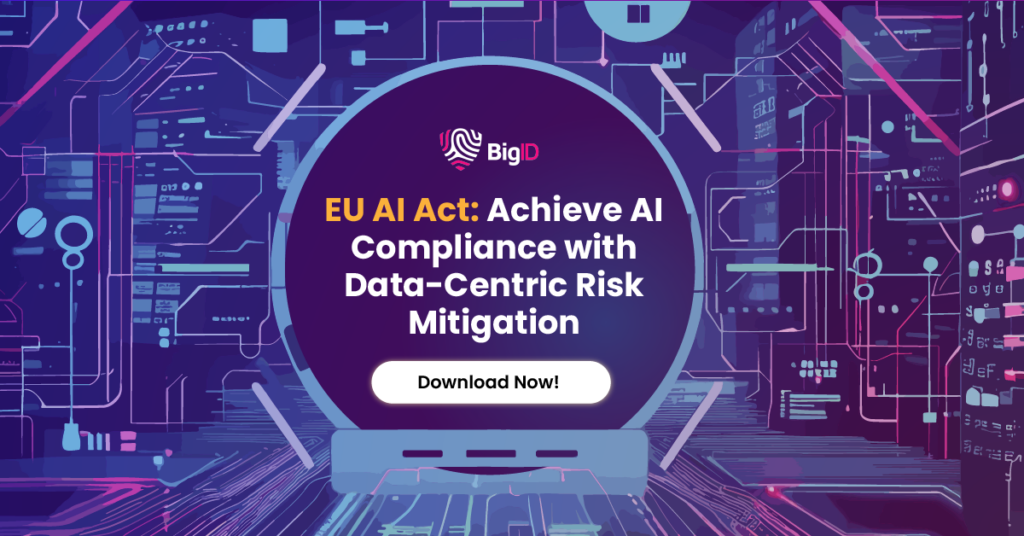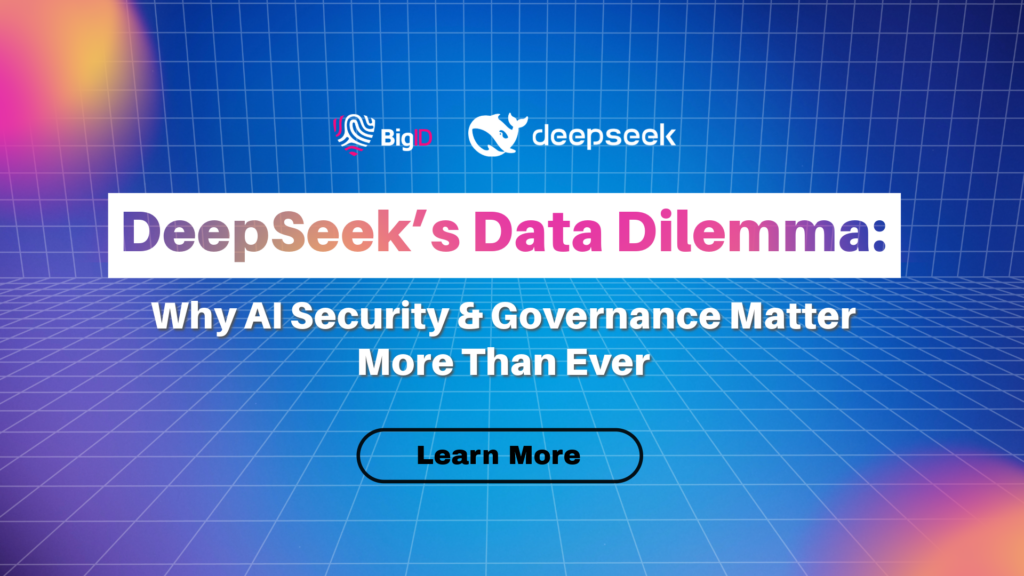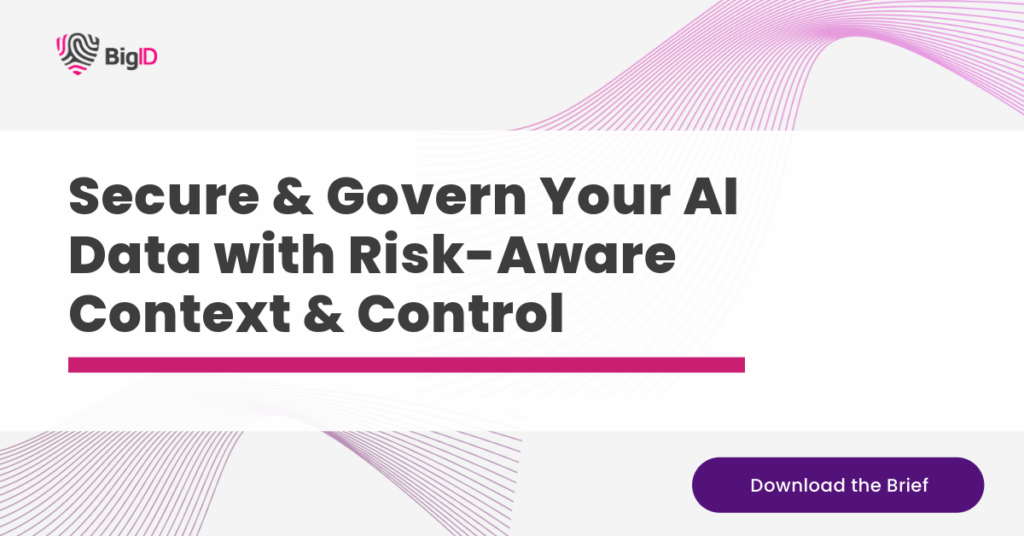In the 21st century, AI has become a technological powerhouse that will be more disruptive than any previous revolutionary period. The latest disrupter has emerged: DeepSeek, a Chinese AI chatbot. It has been quickly adopted, and its new open-source AI models rapidly rival other AI systems, such as OpenAI’s GPT models.
However, DeepSeek’s overnight success has been obscured by a massive security breach. The company exposed a database openly on the Internet, leaving highly sensitive data vulnerable to threat actors. This breach has raised significant concerns regarding data privacy, protection, and national security regarding AI start-ups and the lack of sufficient cybersecurity measures across the AI industry.
AI Breaches & National Security
Security challenges for AI companies like OpenAI, Microsoft, and Google were an overarching topic filled with regulatory scrutiny. These security lapses highlight increasing concerns about AI innovation exceeding data protection readiness, which leaves consumers vulnerable and companies at risk.
In the current landscape, TikTok was banned due to its national security risk, and Deepsake’s Chinese origins encompass the same concerns about potential influence from the Chinese government. There are significant concerns about data privacy, as DeepSeeks’ terms of service clearly state that data is stored “in secure servers located in the People’s Republic of China.” Additionally, China-based companies are obligated under the Chinese Communist Party’s cybersecurity laws to share data with the government.
AI Security, Regulations, and Innovation
As AI continues to integrate into our daily lives, it has become paramount to ensure the privacy and security of consumer data. Deepsakes’ terms of service state that it collects personal information such as “device model, operating system, keystroke patterns or rhythms, IP address, and system language.”
With growing regulatory insight and laws such as the EU AI Act, several individual US states have enacted and proposed legislation to establish accountability, transparency, security measures, and data policies to reduce risks related to AI development and deployment. Additionally, privacy regulations like CCPA, GDPR, and HIPAA create more underlying complexity across the AI industry, requiring organizations to ensure strict data protection procedures, secure handling of sensitive data, and implement data rights and consent mechanisms.
This recent security lapse underscores the need to balance innovation with robust data protection measures. As industry giants like OpenAI, Google, and Microsoft navigate similar security challenges, the focus must shift toward developing AI systems that are advanced, innovative, and secure. Neglecting this responsibility could result in larger breaches, stricter regulatory enforcement, and diminishing public trust in AI. Non-compliance carries significant risks, including hefty fines, legal repercussions, and reputational harm, making it imperative for AI companies to proactively align with established security and privacy frameworks.

How BigID Prepares Your Data for AI Technology like DeepSeek
BigID enables organizations to identify and manage sensitive data, whether structured, semi-structured, or unstructured, across their AI systems by leveraging advanced data discovery and classification capabilities. This proactive approach ensures compliance with data privacy regulations and mitigates potential security risks with emerging LLMs and AI technologies.
BigID automates the management of AI data security, privacy, and compliance. BigID ensures that AI applications adhere to stringent data protection standards to prevent unauthorized access, maintain data integrity, effectively govern AI data, and comply with regulatory standards.
To adapt and innovate with new AI technologies like DeepSeek, BigID empowers organizations to:
- Automate discovery and inventory of all AI assets, including models, datasets, and vector databases.
- Proactively identify and remediate risks like sensitive data exposure, API key vulnerabilities, and compliance violations.
- Ensure data security and compliance by preventing unauthorized access and exposure across your AI models and data assets.
- Gain full visibility into your entire AI data pipeline.
- Implement end-to-end AI governance with automated policy enforcement, lifecycle management, and risk mitigation to safeguard your AI data.
- Achieve Regulatory Compliance by automating compliance monitoring and remediation to ensure your AI data complies with key regulations such as GDPR, CCPA, and other industry standards.
See how BigID helps companies get a jumpstart on their AI security and take it for a spin today.


